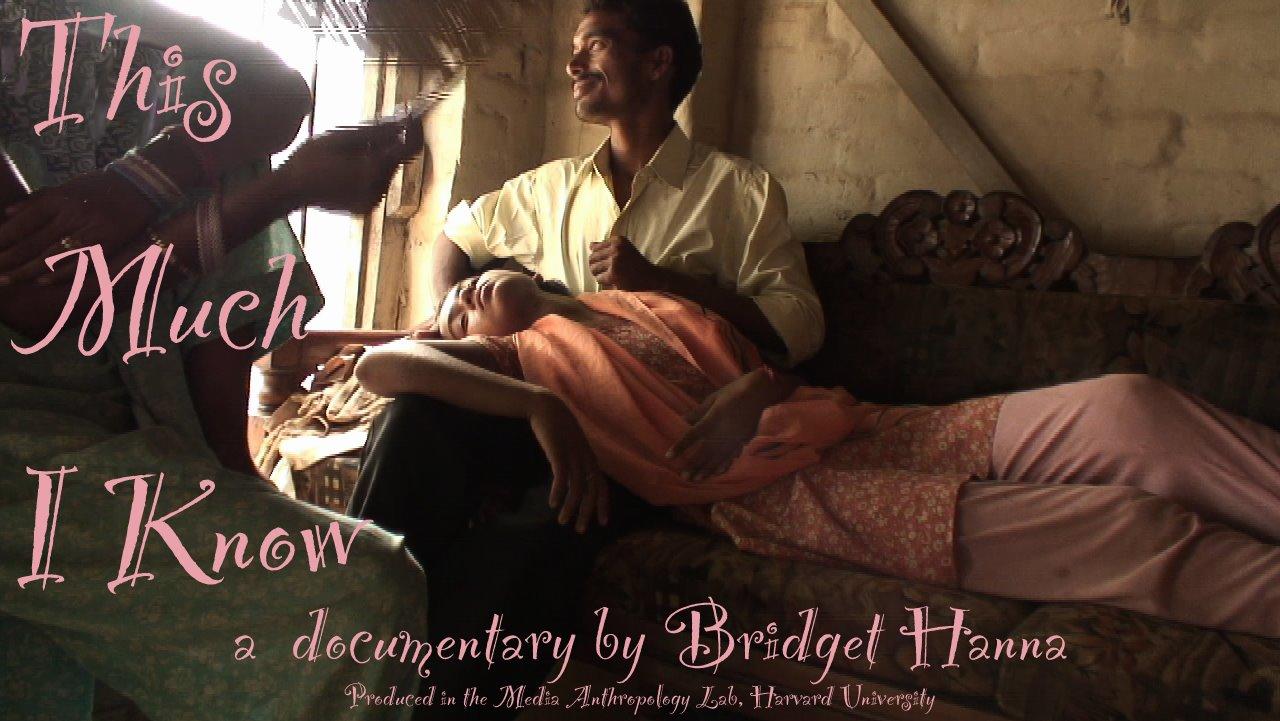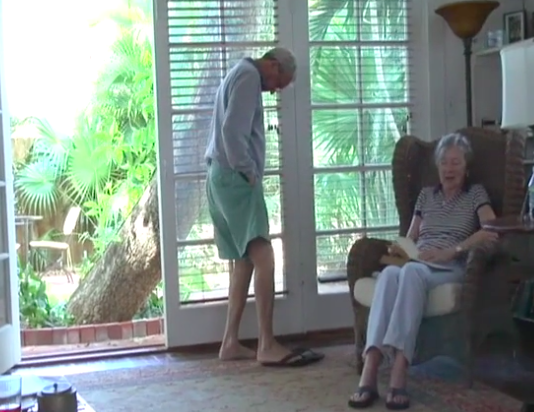Bridget Corbett Hanna. 2014. “
Toxic Relief: Science, Uncertainty, and Medicine after Bhopal.”
Edited by Arthur Kleinman and Ajantha Subramanian.
AbstractThis dissertation is a study of science and medicine after the gas disaster in1984 in Bhopal, India. It looks at the discourses, debates, suspicions, and entangled events that have shaped the narratives of causality following the catastrophe, and the ways that ideas about relief, treatment, and illness have been constructed by experts, lay activists, and survivors. In it I address the issues of suspicion, research, and power by looking at the "cyanide controversy" in the early years after the disaster, and at the ways that the consequences of uncertainty affect patients and doctors within the hospital system designed to provide "gas relief" in the aftermath. I also describe the range of ways gas survivors have categorized and produced as subjects and citizens through an analysis of epidemiological, legal, and political discussions. I take on the history of medical research after the event, and show how a vast corpus of scientific work has remained dispersed and underutilized, leaving room for sometimes-dangerous narratives of certain illness or death. Finally, I look at the consequences of this indeterminacy for care and healing. I assess access to treatments, the diversity of medical care, the undermining of the status of the gas exposed, and the ways that detoxification has been approached through notions of dosage, potency, and traditional medicine. I produce a sociology of knowledge about the catastrophe and contribute to literatures on the problem of epistemic uncertainty and risk after disasters, the production of medicalized subjects, and the politicization of knowledge. I argue that interventions that have tried to encompass the disaster within a unitary framework have been persistently inadequate, and illustrate how attempts to reduce or subsume the consequences of the disaster – through recourse to scientific indeterminacy, under reductionist legal mechanisms, by imprecise categorization schema, within flawed research methodologies, and among hollow medical infrastructures – have not only failed to meaningfully represent it but also resulted in predictable forms of reductionist violence and social suffering, through obfuscation as often as through action.



